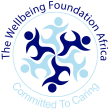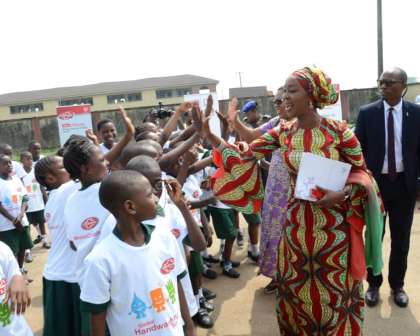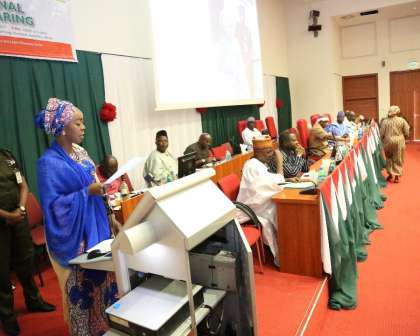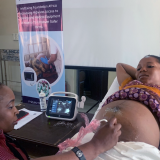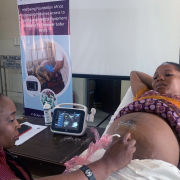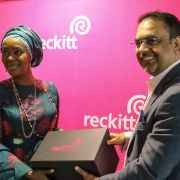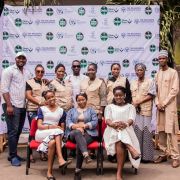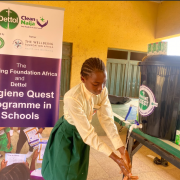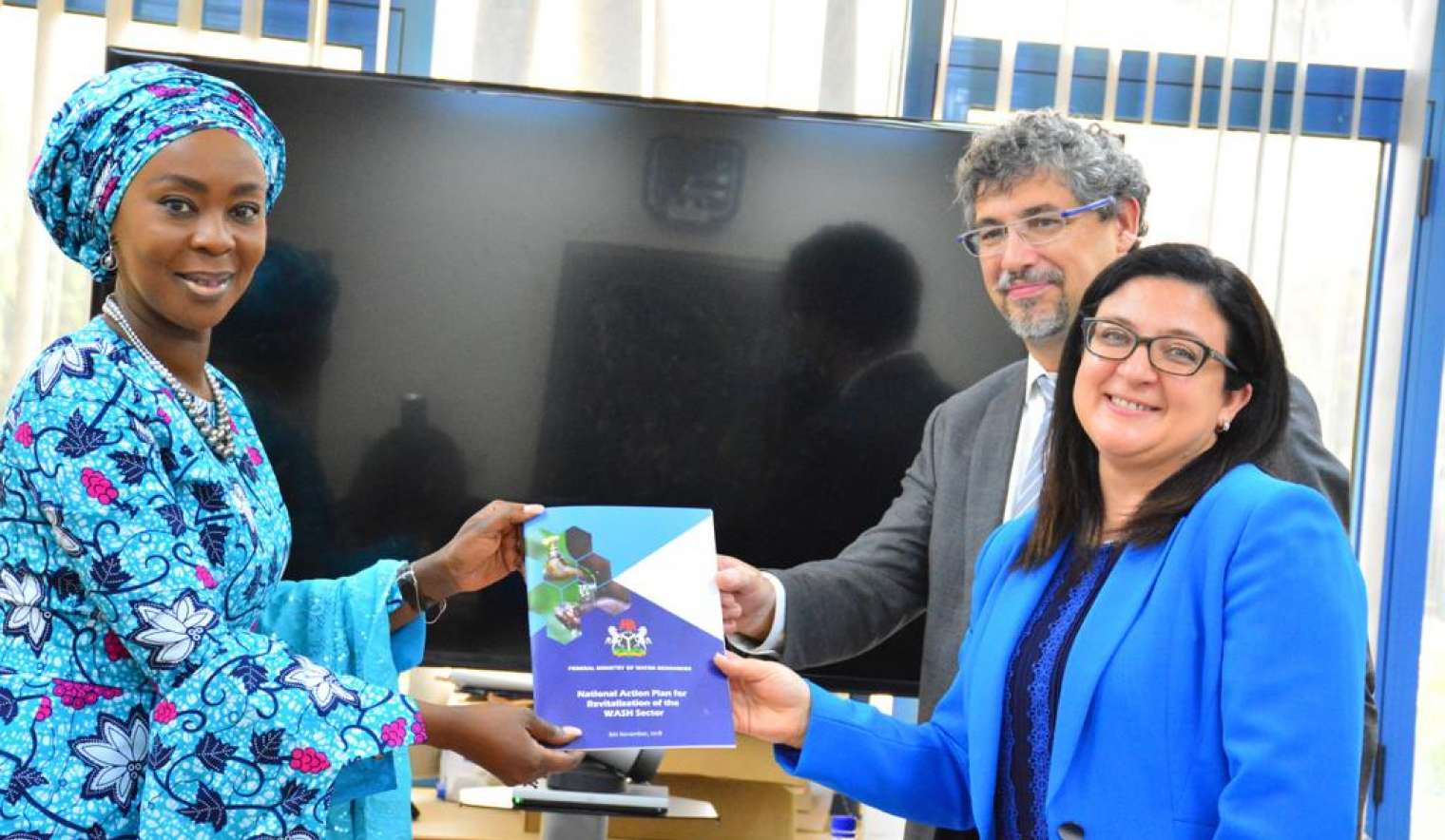
Toyin Saraki meets World Bank to map way forward for water, sanitation and hygiene in Nigeria
Federal Government admits crisis – declares State of Emergency
Following Toyin Saraki’s call last month at the 24th Nigerian Economic Summit for the state of water, sanitation and hygiene conditions in Nigeria to be treated as a National Emergency, President Buhari yesterday announced a National Action Plan for revitalization of the sector.
Mrs Saraki, who launched a worldwide campaign for improved water, sanitation and hygiene earlier in May this year with global partners and the support of the World Health Organization, carried out a pre-scheduled meeting with the World Bank water team yesterday in Abuja.
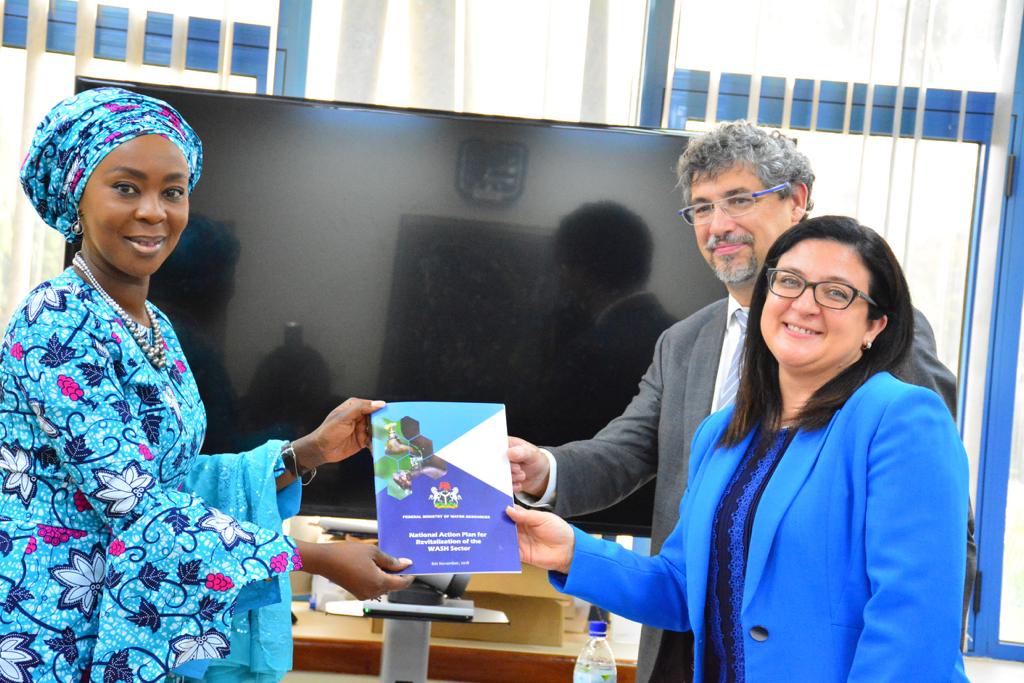
Following the meeting, Mrs Saraki commented:
“I am delighted that the Federal Government has finally accepted that water, sanitation and hygiene conditions in Nigeria are in a state emergency. Since I launched the global campaign earlier this year, I have been shocked at the standards Nigerians have to put up with.”
“I would like to thank the water team at the World Bank for their excellent work highlighting the issues that must be urgently addressed in Nigeria. I was glad today to be able to accept their invitation to lead a campaign to end open defecation which remains a major health hazard in Nigeria. I will be taking up the World Bank’s suggestion to conduct a field visit to discover what has been so successful in India and bring those lessons back to Nigeria.”
“According to the World Bank, Nigeria’s spending on water, sanitation and hygiene – known as ‘WASH’ - must at least triple if we are to have any hope of achieving the clean water and sanitation goals. A lack of investment in WASH is putting the lives of thousands at risk as the spread of Ebola, just as one example, is made more likely.”
“It is not just the current situational analysis which is so bleak, but also the systematic failures to bring WASH standards up to an appropriate level for our population.”
“Only 29% of Nigerians have access to improved sanitation, and poor children are about four times more likely to get diarrheal disease than rich children due to poor access to WASH. This dire situation is not being effectively addressed.”
“Nigeria is struggling to maintain its current infrastructure, inadequate as it is for the current population and entirely unfit for the years ahead. Government must lead the way, achieving economies of scale in densely populated areas by providing piped water and not forcing individual families or streets to rely upon their own sources.”
In Nigeria, 15% of completed works on public water infrastructure are considered to be of unsatisfactory quality, and nearly 30% of water points and water schemes fail within their first year of operation. Access to piped water on premises in urban areas has decreased substantially, from a level which was already critical. Across most water-utility indicators, Nigeria underperforms in comparison to African and global averages and needs to invest at least three times more than it does today to achieve the WASH sustainable development goals.
The Wellbeing Foundation Africa, of which Mrs Saraki is the Founder-President, recently announced a new partnership with Unilever Lifebuoy Nigeria and Sightsavers to improve hygiene practices to impact more than 2 million children, their families and communities over the following 12 months.
Share this Article
